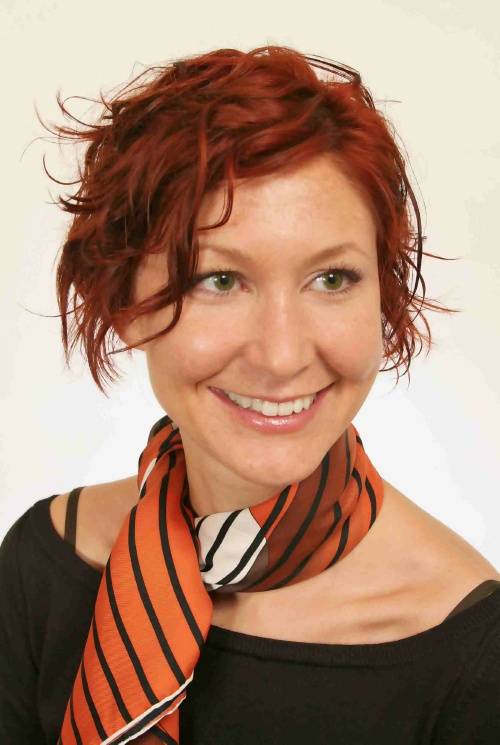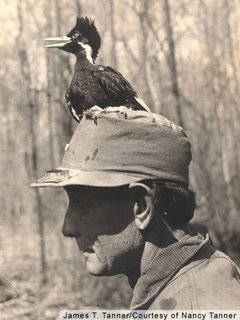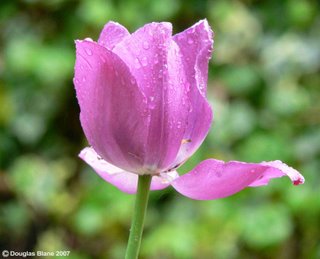 Searching For Life On Other Worlds
Searching For Life On Other WorldsGiovanna Tinetti is an expert on detecting signs of life across interstellar space. She has...
 Memories Of A Dedicated Scientist
Memories Of A Dedicated ScientistFrom Mary, in response to my request for more information about the scientists who gave us the...
 High-wire Act
High-wire ActIf Richard Dawkins had been smacked around the head with the double-slit experiment at an age when...
 God And MAD
God And MADAs Des Browne strides up to me and demands to know who I am, the answer momentarily escapes me...










